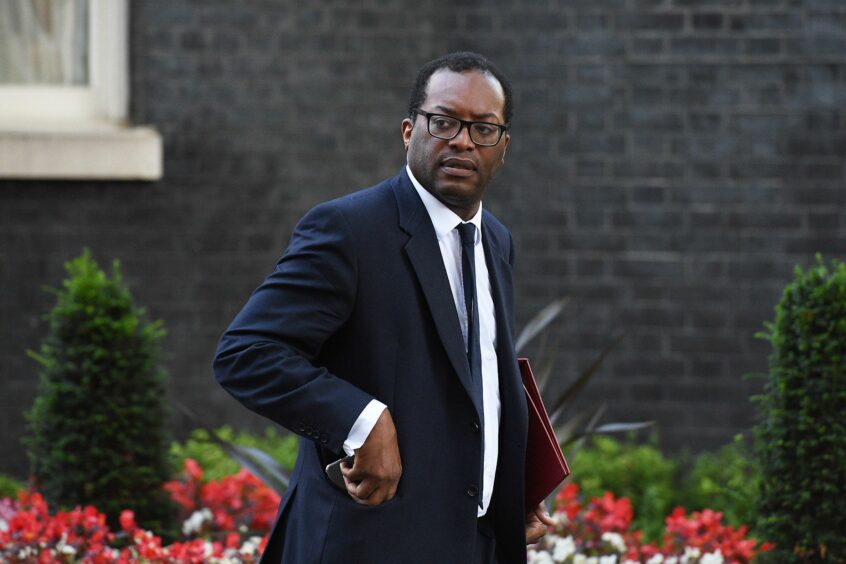
Natural gas is to be classified as a “green” investment under proposals from business secretary Kwasi Kwarteng, according to a report.
Mr Kwarteng is said to be keen to have the drilling listed as “environmentally sustainable”, according to The Telegraph, in new documents being drafted by his department and the Treasury.
As ESG funds move away from fossil fuels, the proposals are expected to encourage banks and pension funds to invest in the extraction projects.
A similar move was made by the European Union last year, despite environmental criticism.
Last week, Shell and Siemens Energy delivered what they termed “uncomfortable truths” about the realities on natural gas and the need for it as the UK transitions to low-carbon energy alternatives.
Although gas has been endorsed as a transition fuel, environmental protestors have highlighted it as a significant contributor of carbon dioxide emissions.
A Whitehall source told The Telegraph that Mr Kwarteng “considers natural gas a transition fuel” and accepts “the reality” that the UK will need natural gas for decades to come, meaning more projects in the North Sea.
Many ESG investors are diverting from fossil fuels and “we don’t want that to be done at the detriment of natural gas,” the source added.
It comes amid a global crisis on natural gas, being felt particularly hard in parts of Europe which relies on Russia for supply.
A meeting between Kwasi Kwarteng and business executives on Friday was met by activists from Green New Deal Rising and Stop Cambo demanding a windfall tax on the oil and gas sector.
Shout and scream all you like, but I’m not going to put Britain’s energy security at risk by shutting off domestic oil and gas production.
We will need oil and gas for decades to come. Either we source more of what we need from the North Sea, or import more from abroad. https://t.co/LvnnaBybny
— Kwasi Kwarteng (@KwasiKwarteng) May 13, 2022
Responding on Twitter, Mr Kwarteng said: “Shout and scream all you like, but I’m not going to put Britain’s energy security at risk by shutting off domestic oil and gas production.
“We will need oil and gas for decades to come. Either we source more of what we need from the North Sea, or import more from abroad.”
Recommended for you

